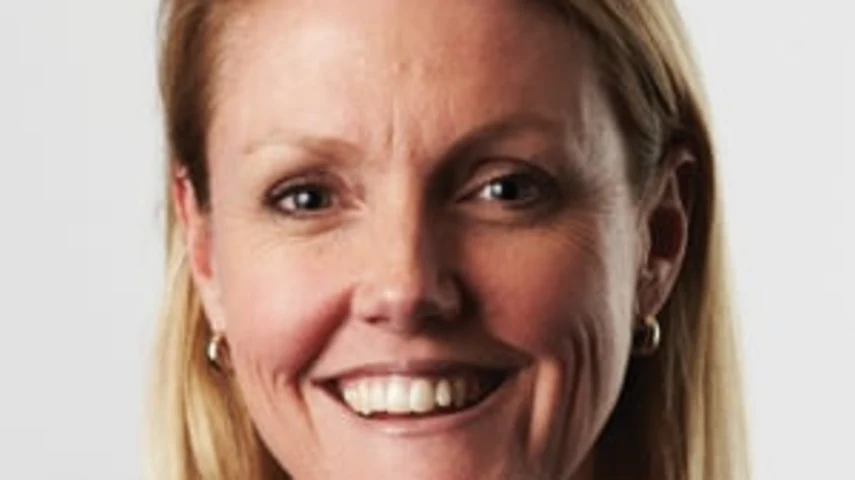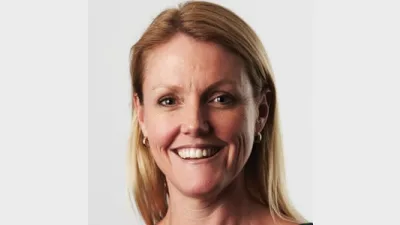Super interest climbs but retirement planning lags



Younger people are taking a greater interest in superannuation but few have plans to respond to major setbacks in saving for retirement, according to research released by MLC.
The latest quarterly MLC Wealth Sentiment Survey of 2000 people found those aged 30-49 years old were the most concerned about planning for retirement, rating their concern about having adequate funds for retirement at 73 per cent. Those aged over 50 and those between 18-29 years old rated their concern at 64 per cent.
MLC found that survey respondents with children were more concerned, with the level of concern increasing as the number of children grew.
"Many people don't start thinking about superannuation until their 50s but these survey results indicate there may be a change in the age people starting planning retirement," MLC general manager Lara Bourguignon said.
"We're delighted to see superannuation starting to hit a nerve with the younger 30-49 year old group, and hopefully this concern leads to greater action."
However growing numbers of people have not considered the impact of a major financial setback, with 72 per cent of people surveyed not considering what would happen in the event of unemployment, ill health or other major events.
At the same time only 1 in 10 have made plans to deal with such events.
MLC said that its quarterly Retirement Survey found that half of the 2000 participants expected they would not have sufficient money to retire on, with about 30 per cent expecting the shortfall to be very large. Only 5 per cent of those surveyed believed they would have more than enough to retire on.
Recommended for you
Australia’s largest super funds have deepened private markets exposure, scaled internal investment capability, and balanced liquidity as competition and consolidation intensify.
The ATO has revealed nearly $19 billion in lost and unclaimed super, urging over 7 million Australians to reclaim their savings.
The industry super fund has launched a new digital experience designed to make retirement preparation simpler and more personalised for its members.
A hold in the cash rate during the upcoming November monetary policy meeting appears to now be a certainty off the back of skyrocketing inflation during the September quarter.










